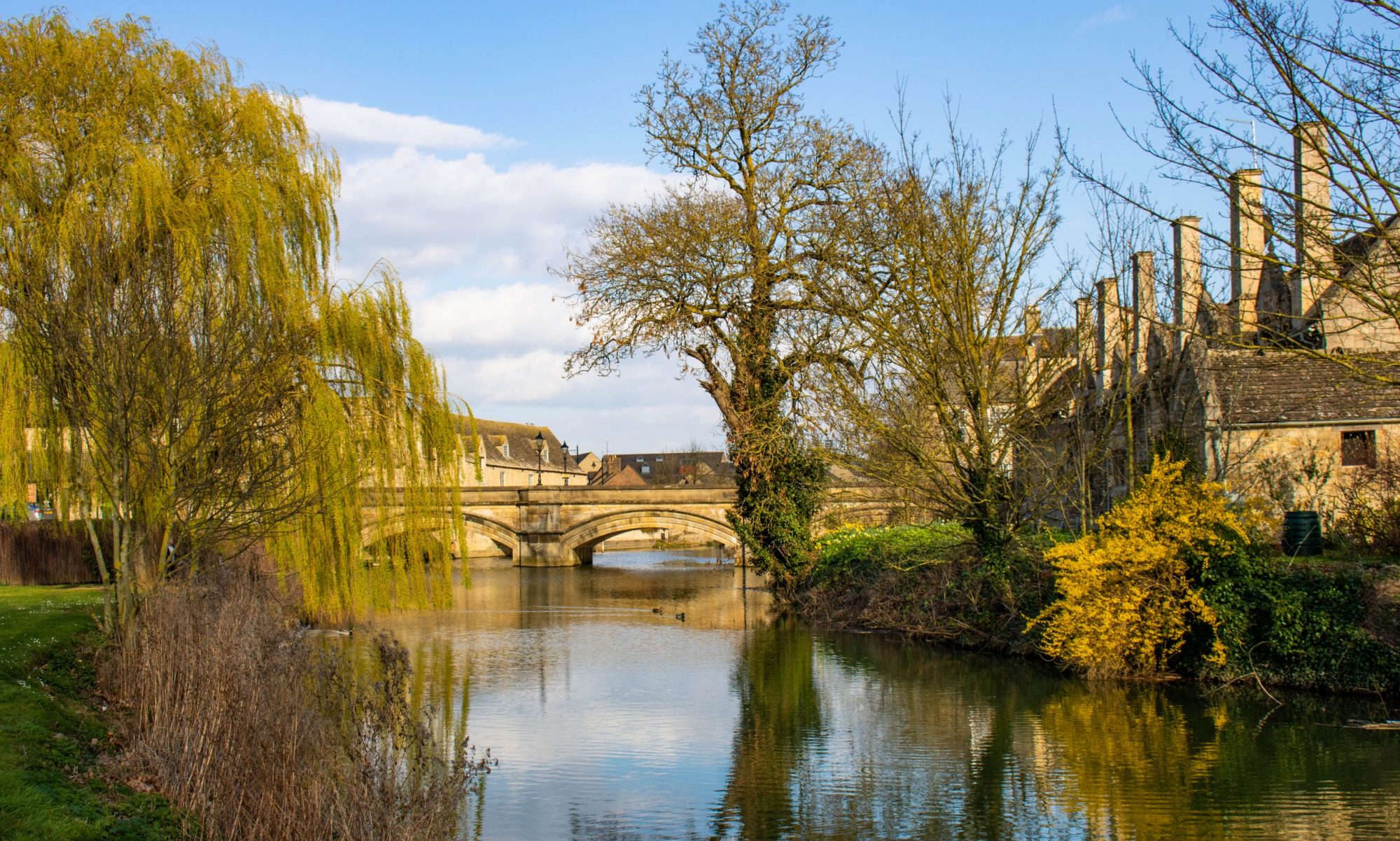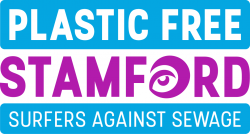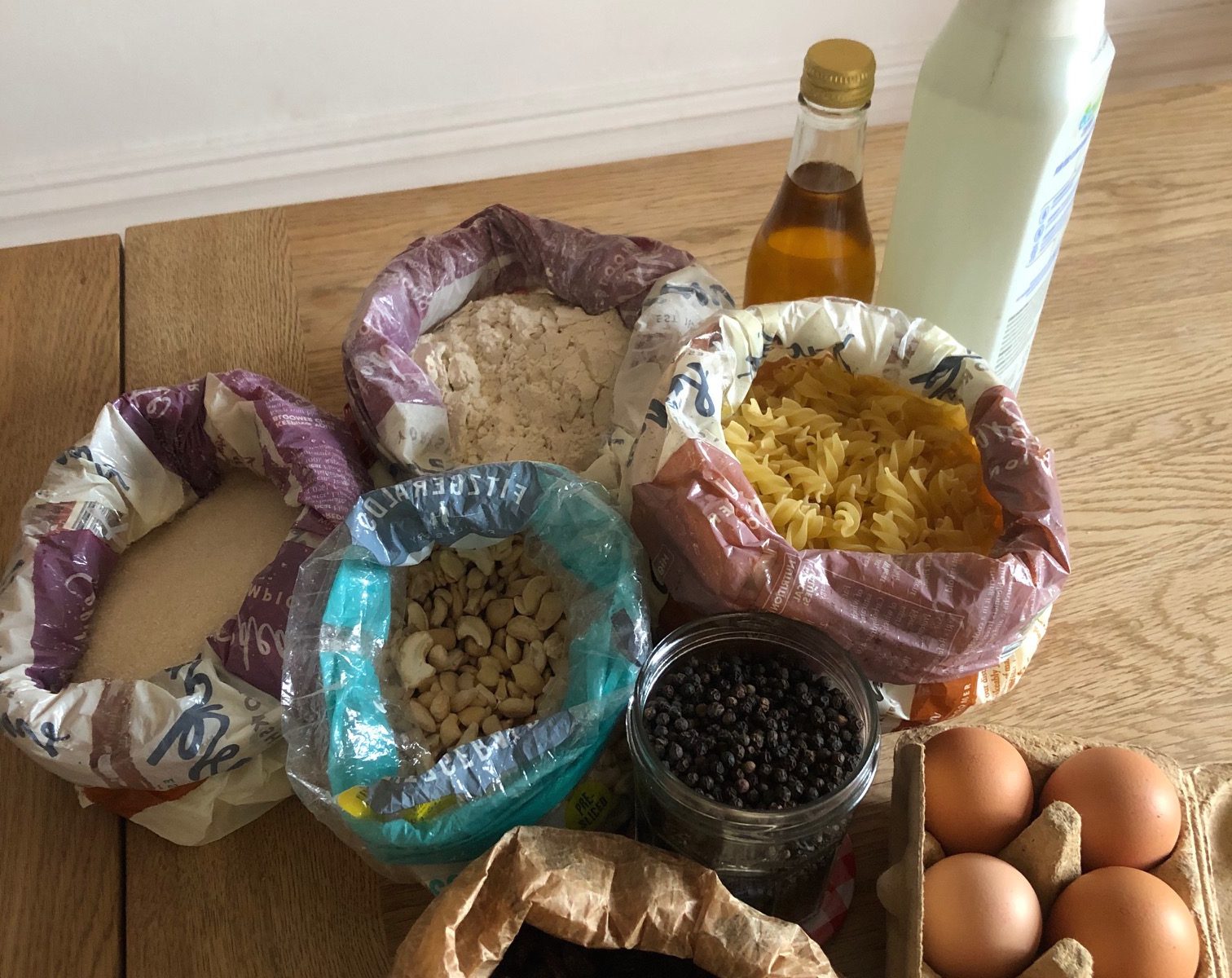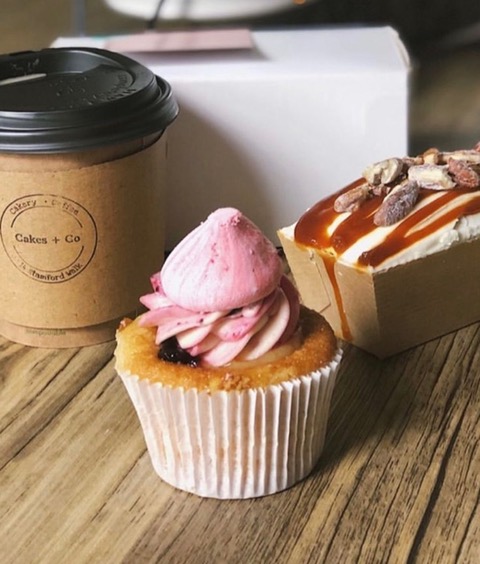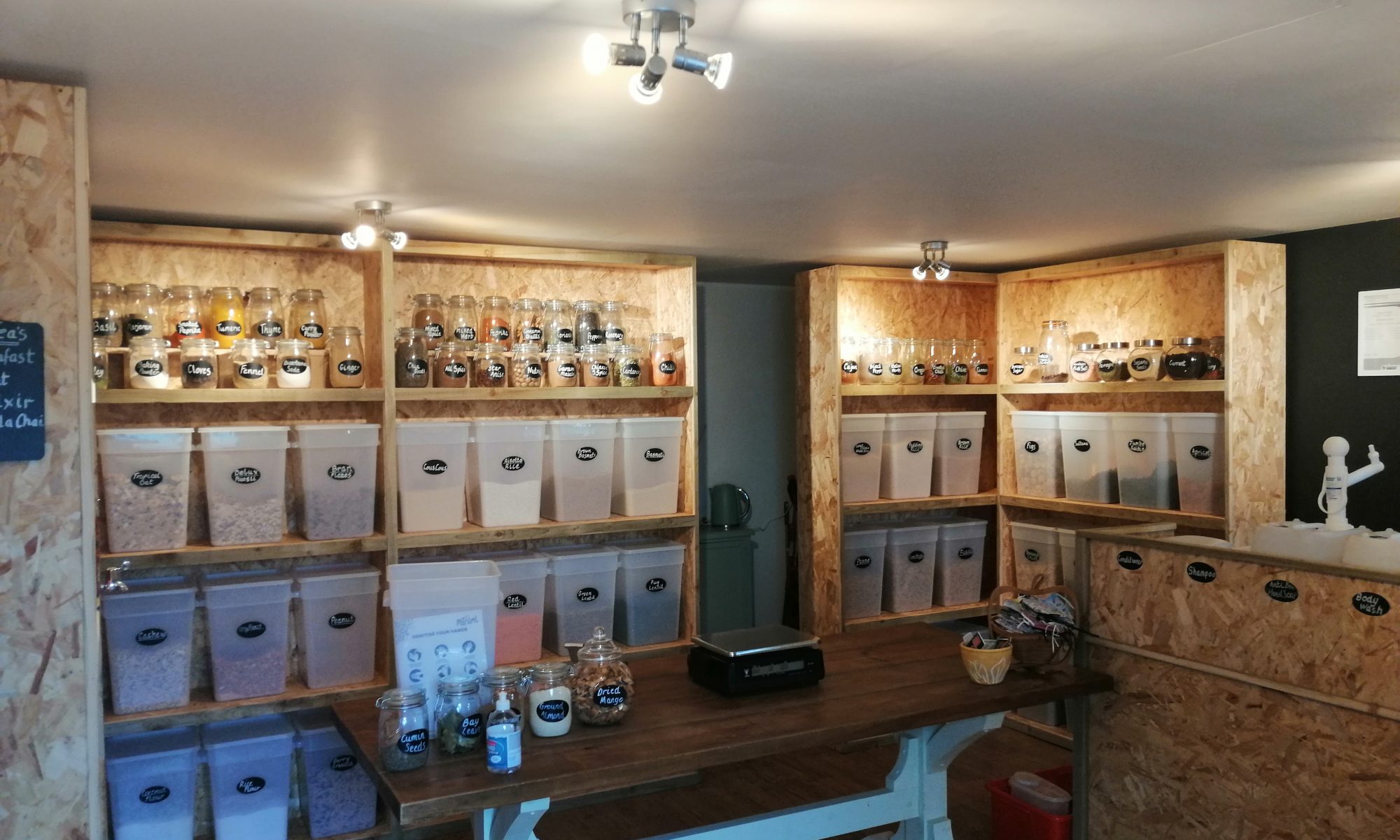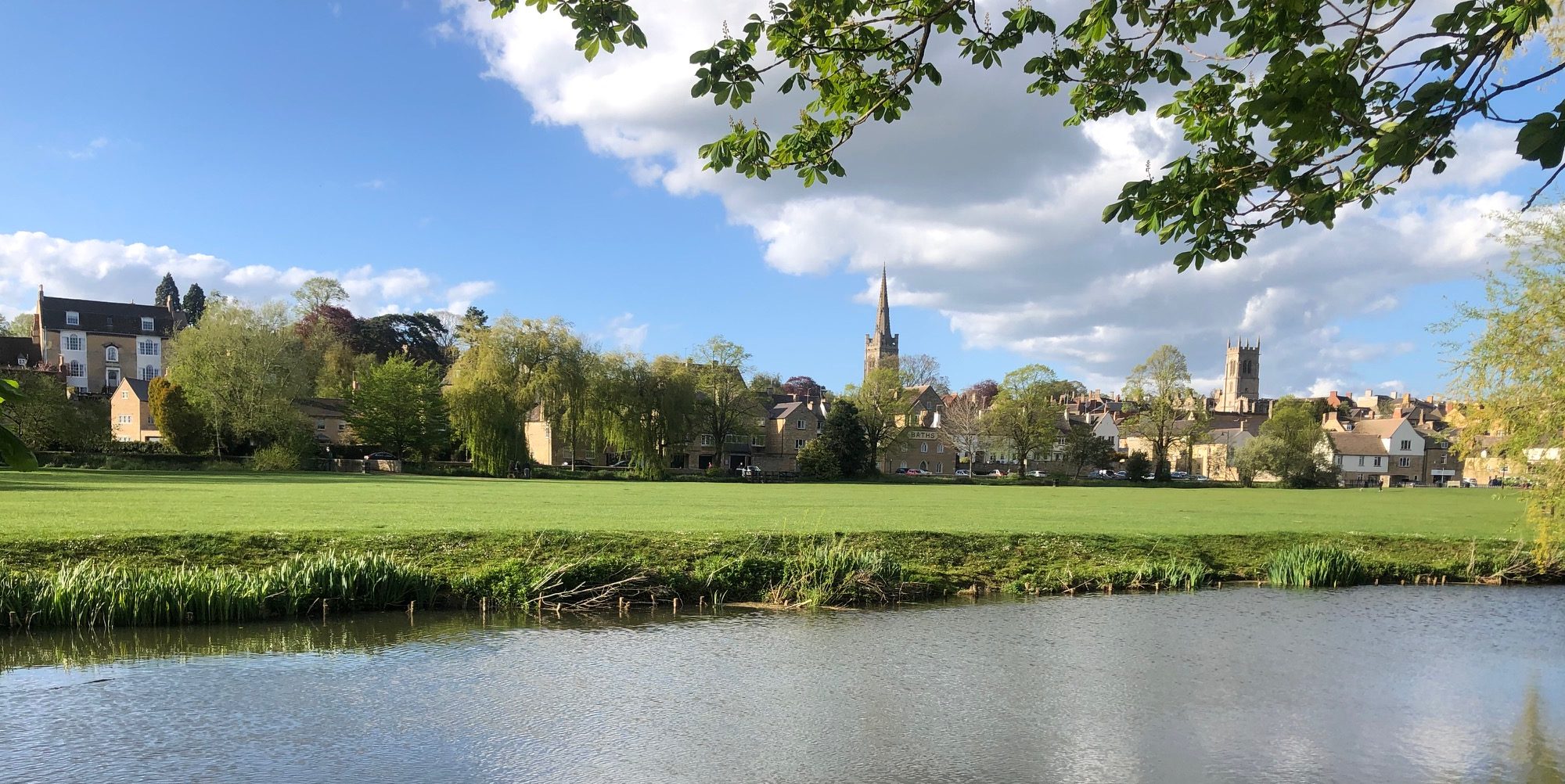For many, the weekly shop is full of seemingly unavoidable single use plastic packaging. But with refill shops now well established in Stamford, there is a real alternative. Here, we look at five of the most common barriers to using a refill shop, in the hope it’ll encourage more folk to give them a go.
- I don’t know how it all works
If you’ve not been into a refill shop, you may feel uncomfortable about not knowing what to do. So, here’s our quick and easy guide:
- Grab some containers or bags from home to take with you (see below for what to take)
- Hand them over to be weighed at the counter
- Fill them up with whatever you need – or shop staff will do this for you
- If you’re unsure of weights or only need a specific amount, just ask for some help
- Hand your now filled containers over to be weighed
- Pay
If you check out their social media, Stamford’s local refill shops have little videos of their store and how to refill with them.
2. I don’t know what to bring…..and kilner jars are so heavy!
Whenever you see photos of people’s refill shop purchases they’re displayed in beautiful glass kilner jars….but you don’t have to take these to the store. Take much lighter items and decant everything when you get home. You can use small glass jam jars, but lighter things like old bread bags, cloth bags (or old pillow cases even!), yoghurt pots, ice cream tubs, take away containers all work brilliantly and are much easier to carry. And if you’ve not got anything with you, the shops all have reusable containers and paper bags for you to use for free.
3. Aren’t they just for vegetarians and vegans?!?
Whether you eat meat and dairy or not, you will find something you love at a refill shop – think of it as your go to place for your every day essentials…from dried goods like pasta and rice, baking ingredients like flour and sugar, herbs and spices and all your cleaning and bathroom products – shower gel, shampoo, conditioner – the lot. It’s not just lentils…..we promise!
4. I don’t have the time
There’s no doubt that a quick online supermarket shop is often the default when it comes to the weekly shop. The great thing with Stamford’s refill stores is that you can order online and either collect in store (they’ll weigh and package everything up for you) or have your order delivered. But going to a refill shop is actually a really lovely experience in itself – it’s like how shopping should be and makes getting your daily essentials a real joy rather than a chore.
5. It’s more expensive
This is a common misconception. On the whole, refill shops will pitch their prices against local supermarkets – again check out their social media for some really interesting price comparisons. And because you can buy only the amount you need – this is especially useful with herbs and spices – you reduce your waste and can actually save money.
